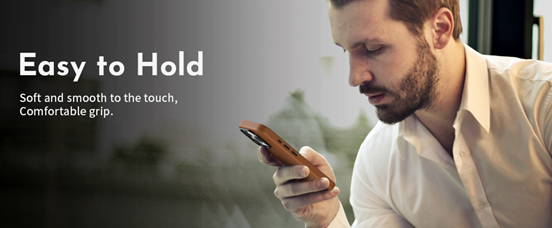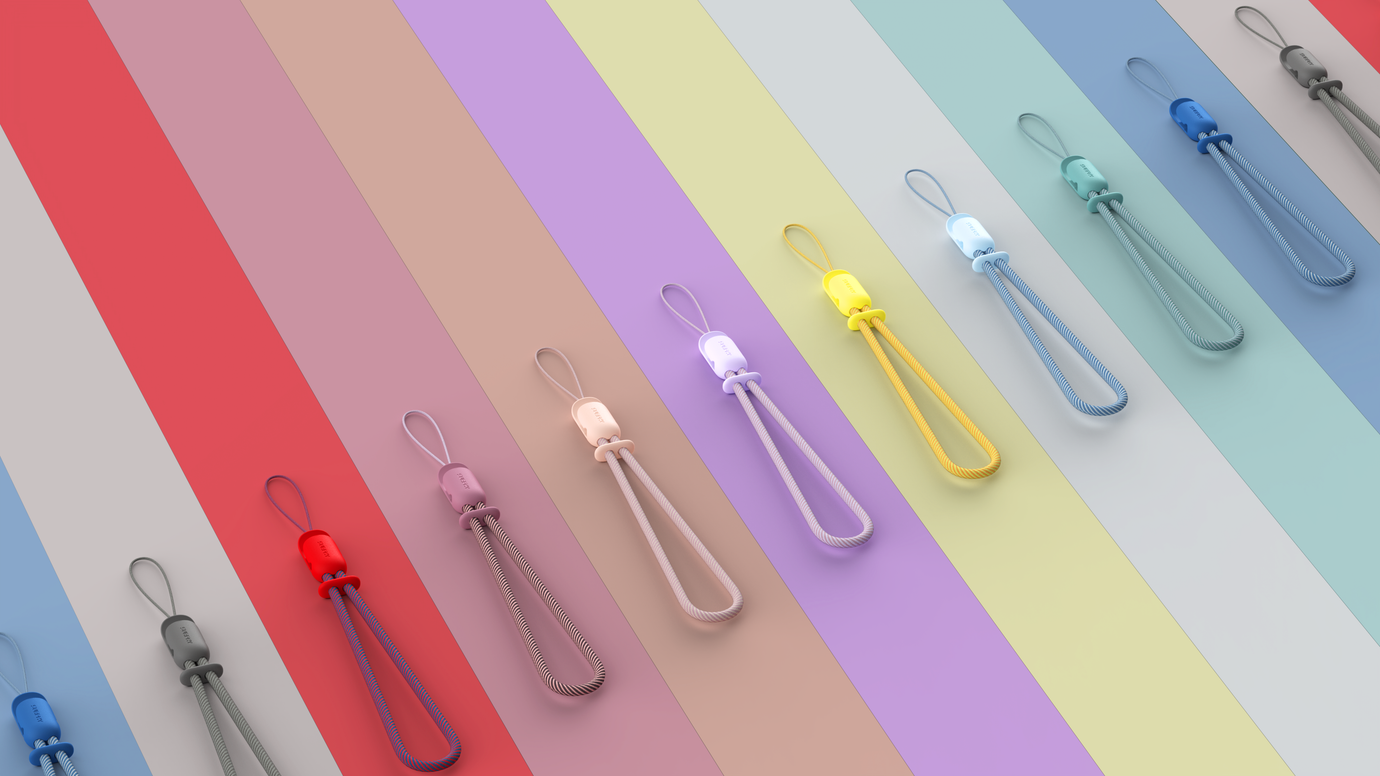Is the Silicone Phone Case toxic?

In the ever-evolving world of technology, where smartphones have become an essential part of our daily lives, the need for protective cases has soared. Silicone phone cases have emerged as a popular choice due to their durability, flexibility, and vibrant color options. However, a lingering concern that often arises is whether silicone phone cases are toxic and harmful to human health. In this blog, we will delve into the science behind silicone phone cases.
Understanding Silicone: The Basics
Before we dive into the toxicity debate, let's understand what silicone is. Silicone is a synthetic polymer made up of silicon, oxygen, carbon, and hydrogen. It is known for its unique properties, such as heat resistance, water repellency, and flexibility. These characteristics make silicone a favored material not only for phone cases but also for various kitchenware, medical devices, and cosmetic products.
Debunking Toxicity Myths
The concern over the toxicity of silicone phone cases often stems from misunderstandings or misinformation. Silicone itself is generally considered safe for human contact and use. It is hypoallergenic, biocompatible, and has a low chemical reactivity. This means that it is unlikely to cause adverse reactions when in direct contact with the skin.
Silicone phone cases are designed to be non-toxic and safe for everyday use. They undergo rigorous testing to ensure compliance with industry standards and regulations. The manufacturing process involves curing the silicone to eliminate any potentially harmful components, resulting in a stable and safe material.
Introducing GIS Certification by Surphy
Surphy, one of the brands who dedicated on liquid silicone phone case, has taken a proactive step towards ensuring the safety of its products by obtaining GIS certification. But what exactly is GIS certification?
GIS stands for Global Inspection Services, an independent third-party organization that assesses and certifies products for their quality and safety. The GIS certification process involves thorough testing and evaluation of the product's materials and manufacturing processes. Surphy's decision to obtain GIS certification showcases their commitment to providing consumers with high-quality and safe phone cases.
Why GIS Certification Matters
GIS certification provides consumers with the assurance that the products they are purchasing have undergone comprehensive testing and adhere to strict safety standards. It offers peace of mind, knowing that the phone case you're using is free from potentially harmful substances.
By obtaining GIS certification, Surphy not only demonstrates its dedication to product safety but also sets an example for other manufacturers in the industry. This proactive approach fosters consumer trust and confidence in the brand, ultimately benefiting both the company and its customers.
Embracing Safe and Stylish Protection
In conclusion, the notion that silicone phone cases are toxic is largely a misconception. Silicone itself is a safe and versatile material, and silicone phone cases are designed and manufactured with the utmost consideration for consumer safety.
Surphy's GIS certification is a testament to their commitment to producing top-quality, safe, and reliable phone cases. As consumers, it is essential to be informed about the products we use and to support brands that prioritize safety and transparency.
So, the next time you slip your smartphone into a silicone case, rest assured that you're making a choice that combines style, protection, and safety—all in the palm of your hand.





